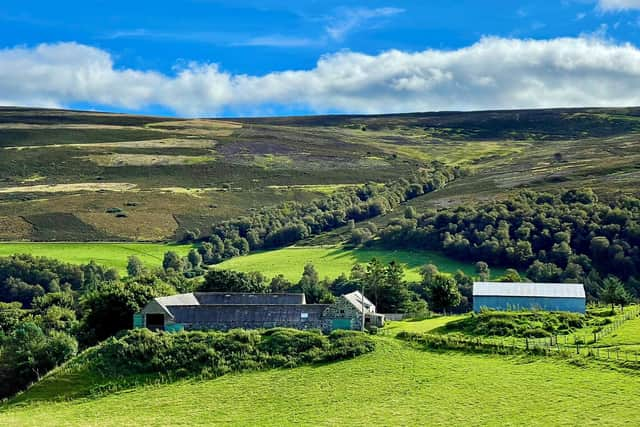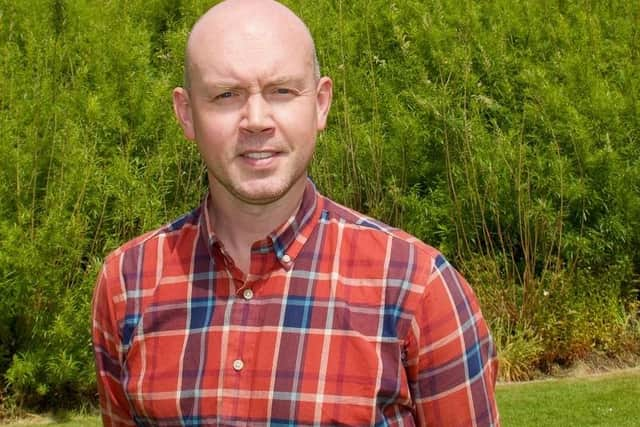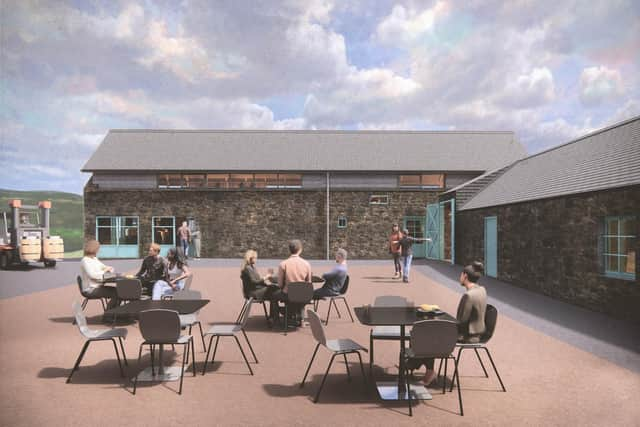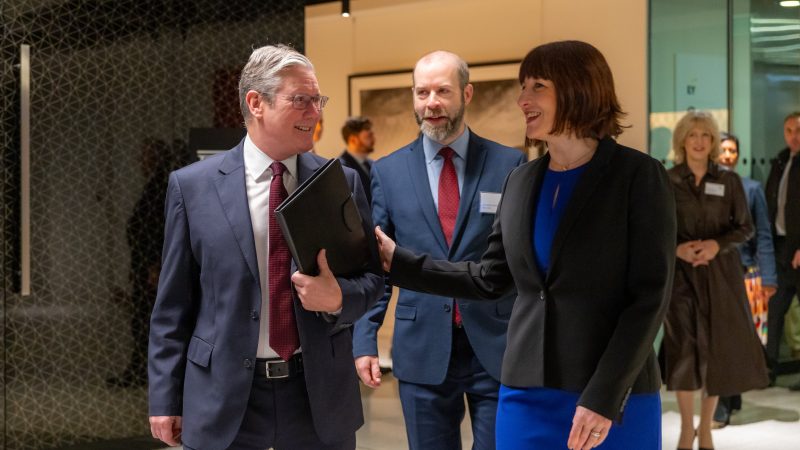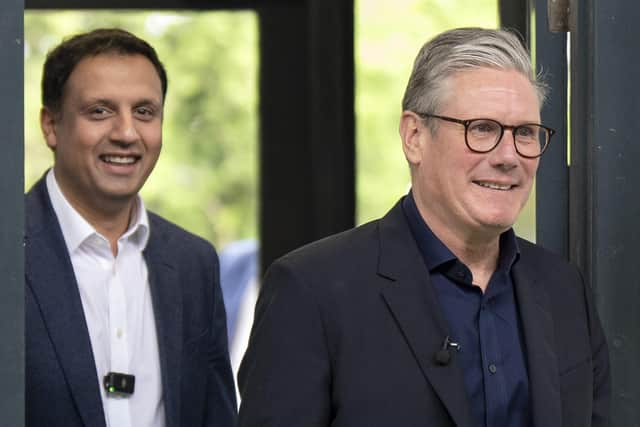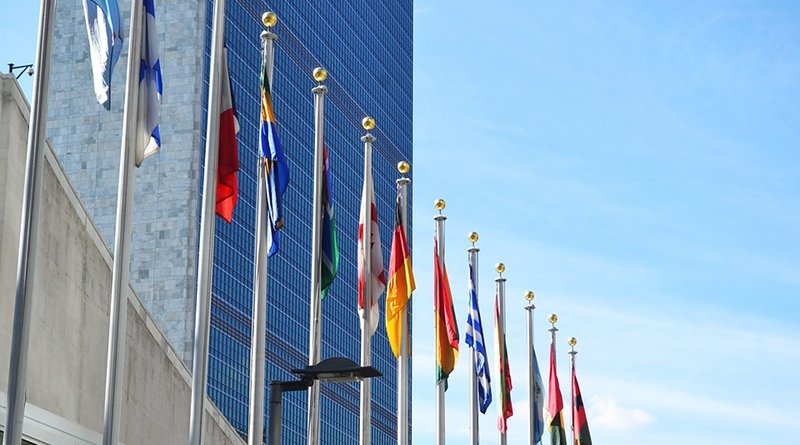
The Multifaceted Responsibilities Of Major Powers In Maintaining Global Peace And Security – OpEd
The post-World War II era witnessed the emergence of a complex global order characterised by a strong emphasis on peace, security, sustained human development, and international cooperation. The United States, Russia, France, China, and the United Kingdom serve as permanent members of the United Nations Security Council (UNSC), holding considerable sway and bearing a distinctive obligation to uphold international peace and security. This essay aims to explore the multifaceted responsibilities entrusted to these major powers. Specifically, it examines their roles in diplomatic leadership, arms control, conflict resolution, support for international institutions, peacekeeping contributions, humanitarian aid, non-proliferation efforts, promotion of human rights and stability, economic and environmental protection, counter-terrorism, and transparency and trust-building.
Diplomatic leadership is a crucial responsibility for these five nations. Through active engagement in international diplomacy, they possess the capacity to utilize their influence to prevent conflicts and peacefully facilitate resolutions. The ability to mediate and negotiate settlements is particularly important in deescalating tensions before they escalate into full-scale conflicts. Notable examples include the United States’ involvement in the Camp David Accords and China’s recent mediation efforts in the Korean Peninsula. Without proactive diplomatic engagement, numerous conflicts could spiral out of control, leading to devastating consequences for global stability and security.
The threat posed by nuclear and other weapons of mass destruction necessitates robust efforts in arms control and disarmament. Major powers must lead by example, adhering to and advocating for treaties such as the Treaty on the Non-Proliferation of Nuclear Weapons (NPT). An excellent example of bilateral efforts to reduce nuclear arsenals and promote global security is the New START Treaty between the USA and Russia. By committing to arms control, these nations can mitigate the risks of catastrophic warfare and establish standards for other countries to follow. This, in turn, contributes to global disarmament and non-proliferation initiatives. The ability to mediate conflicts plays a crucial role in maintaining global peace. These nations often act as intermediaries, facilitating dialogue between conflicting parties. France’s involvement in the Normandy Format talks regarding the Ukraine crisis and the UK’s role in the Good Friday Agreement are notable instances of successful mediation. Effective conflict mediation not only resolves disputes immediately but also fosters long-term stability by addressing underlying issues and promoting reconciliation among conflicting parties.
The support of international institutions, such as the United Nations, is essential for establishing and maintaining a stable world order. The five countries with permanent seats on the United Nations Security Council (UNSC) play a crucial role in reinforcing and upholding the mandates of these institutions. Their financial and political contributions are essential for the effective functioning of the United Nations and other international bodies. Without their support, these institutions would face significant challenges in securing necessary resources and maintaining legitimacy to effectively carry out their missions.
Peacekeeping missions play a vital role in ensuring peace in conflict-affected areas. The financial and logistical support that personnel from various nations provide to United Nations peacekeeping operations is essential. The growing participation of China in UN peacekeeping missions, as well as the longstanding commitment of the United Kingdom in Cyprus, are prime examples of their unwavering dedication to these endeavours. Through their involvement in peacekeeping, these countries contribute to the stabilization of regions, the protection of civilians, and the establishment of conditions that foster enduring peace.
Humanitarian aid is of utmost importance in promptly addressing the immediate needs of populations affected by conflicts and natural disasters. The response to humanitarian crises, such as the Syrian refugee crisis and the aftermath of the 2010 Haiti earthquake, highlights the significance of swift and substantial support from nations. Through humanitarian aid, suffering is alleviated and goodwill is fostered, ultimately enhancing global stability and security.
Preventing the proliferation of weapons of mass destruction is a fundamental responsibility. Non-proliferation treaties and initiatives empower nations to work towards ensuring that these weapons do not fall into the wrong hands and spread to unstable regions. The efforts to secure nuclear materials, as exemplified by initiatives in the Nuclear Security Summits, demonstrate the dedication of these nations to fulfilling this responsibility. By prioritizing non-proliferation, these countries mitigate the risk of nuclear terrorism and other catastrophic threats. Promoting and protecting human rights worldwide is a crucial responsibility that all nations must fulfil. They should champion human rights and use their influence to pressure regimes that violate these rights. Additionally, they should support international mechanisms that monitor and enforce human rights standards. The promotion of human rights is essential in fostering equitable and peaceful societies where the rule of law prevails and individuals can live with dignity and freedom.
Global economic stability is crucial for promoting peace and security. The powers involved in this endeavour can minimize economic disparities, which often trigger conflicts, by encouraging economic cooperation and stability. Their participation in institutions like the International Monetary Fund (IMF) and the World Bank plays a pivotal role in achieving this objective. Economic stability also lessens the probability of conflicts arising from resource competition and economic grievances, thus contributing to a more peaceful world order.
Furthermore, environmental degradation and climate change pose significant global security threats. Major powers have a crucial role to play in addressing these issues, especially about the scarcity of resources, which often contributes to conflict. Their involvement in international agreements, such as the Paris Agreement, is indispensable for global efforts aimed at combating climate change. By tackling environmental challenges, these nations can assist in preventing conflicts driven by resource shortages and environmental disasters.
International collaborative initiatives to counter-terrorism are vital for global security. These nations play a central role in sharing intelligence, conducting joint military operations, and addressing the underlying causes of extremism. A prime example of such cooperation is the global coalition against ISIS. Effective counter-terrorism measures disrupt terrorist networks, prevent attacks, and combat the factors that drive individuals toward extremism.
Finally, transparency in military practices and efforts to build trust among nations is crucial in mitigating the risk of misunderstandings and inadvertent conflicts. Confidence-building measures and open lines of communication are necessary to foster a climate of trust and cooperation. By promoting this transparency, nations can help prevent conflicts and cultivate a more stable and predictable international environment.
In conclusion, the responsibilities of the United States, France, Russia, China, and the United Kingdom in maintaining international peace and security are profound and multifaceted. These nations play crucial roles as diplomatic leaders, advocates for arms control, mediators in conflicts, supporters of international institutions, peacekeepers, providers of humanitarian aid, promoters of non-proliferation and human rights, facilitators of economic stability, protectors of the environment, combatants against terrorism, and proponents of transparency. Their commitment to these responsibilities is indispensable for establishing a stable and peaceful global order, especially as the international landscape continues to evolve. The ongoing prosperity and security of the international community rely on the continued commitment of these nations.
The opinions expressed in this article are the author’s own.
References
Diplomatic Leadership
- “The Role of Diplomacy in Conflict Resolution: Case Studies,” edited by John H. Simpson. Published by Cambridge University Press, 2008.
- “US Foreign Policy and Diplomacy: From the Cold War to the 21st Century,” by William B. Quandt. Oxford University Press, 2014.
Arms Control and Disarmament
- “The Nuclear Nonproliferation Treaty: Origins and Implementation, 1965–1970,” by Ronald E. Neumann. Stanford University Press, 1999.
- “New START: How the US-Russia Arms Race Ended,” by Michael Krepon and Joshua C. Hersh. Stimson Center, 2010.
Conflict Resolution
- “Mediation and Conflict Resolution: Concepts, Contexts, and Processes,” by Jacob Bercovitch. Ashgate Publishing, 2007.
- “The Art of Mediation: Lessons from the Northern Ireland Peace Process,” by Richard N. Haass. Henry Holt and Company, 2014.
Support for International Institutions
- “The United Nations and the Maintenance of International Order,” by Edward H. Buehrig. Praeger Publishers, 1986.
- “The United Nations Security Council and Its Presidency,” by Adam M. Roberts and Dominik Zaum. Routledge, 2011.
Peacekeeping Contributions
- “United Nations Peacekeeping Operations: Adapting to a Changing Global Order,” by Tom Keating. Palgrave Macmillan, 2013.
- “China’s Participation in United Nations Peacekeeping Missions,” by Yuezhi Zhao. Springer, 2015.
Humanitarian Aid
- “Humanitarianism: A Dictionary of Critical Terms,” edited by Thomas G. Weiss and Iavor Radev. Kumarian Press, 2009.
- “The Politics of Humanitarian Aid,” by Fiona Terry. Oxford University Press, 2012.
Non-Proliferation Efforts
- “The Nuclear Security Summit: A New Approach to Preventing Nuclear Terrorism,” by Peter Crail. Arms Control Association, 2010.
- “Securing the Bomb: Confronting the Risks of Nuclear Theft and Sabotage,” by Matthew Kroenig. Brookings Institution Press, 2010.
Promotion of Human Rights and Stability
- “Human Rights and the World’s Religions,” edited by Christopher J. Hackett. University of California Press, 2010.
- “The Responsibility to Protect: The Promise of Stopping Mass Atrocities in Our Time,” by Gareth Evans and Mohamed Sahnoun. Oxford University Press, 2008.
Economic and Environmental Protection
- “Climate Change and the Kyoto Protocol: The Role of the United States,” by Robert O. Keohane and Marc A. Levy. Brookings Institution Press, 2008.
- “The World Bank and the IMF: A Comparative Analysis,” by Ngaire Woods. Palgrave Macmillan, 2006.
Counter-Terrorism
- “Countering Terrorism: Strategies and Technologies,” edited by George J. Stein. MIT Press, 2007.
- “Terrorism and Counterterrorism: Understanding the New Threat,” by Gabriel Weimann. ABC-CLIO, 2011.
Transparency and Trust-Building
- “Transparency and Openness in International Relations: Conceptual Frameworks and Methods,” edited by Hanspeter Kriesi and Daniel Bochsler. Palgrave Macmillan, 2013.
- “Building Trust in Government: The Role of Performance Information,” by Mark H. Moore. Russell Sage Foundation, 2014

Simon Hutagalung is a retired diplomat from the Indonesian Foreign Ministry and received his master's degree in political science and comparative politics from the City University of New York. The opinions expressed in his articles are his own.

